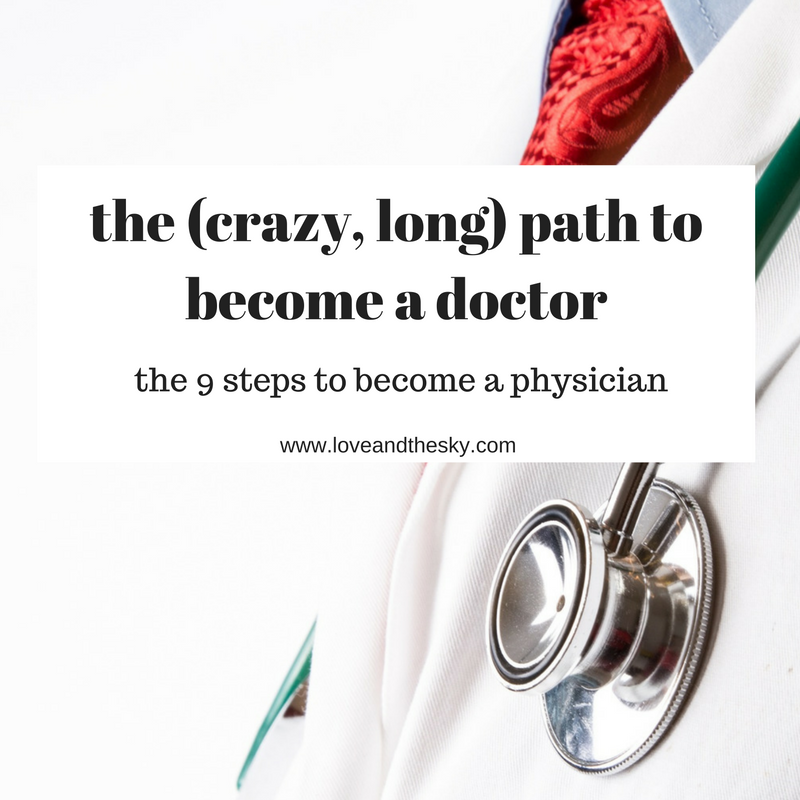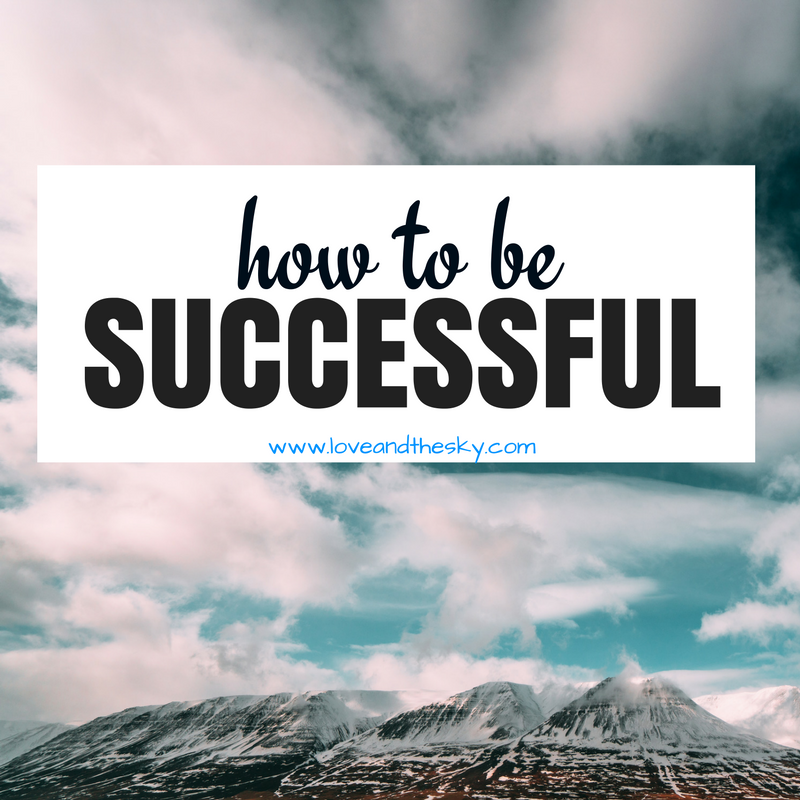"Remind yourself. Nobody built like you, you design yourself." – Jay Z
Traditionally, a SWOT (strengths, weaknesses, opportunities, threats) analysis is a tool used by businesses to assess internal resources and external factors to determine where products and services stand in the marketplace. Using a detailed list of strengths, weaknesses, opportunities and threats, leaders are able to build solid strategies to achieve an advantage over competitors. Applying this concept to your personal brand can provide much needed insight on your standing among others in the industry and beyond. Like businesses, young professionals need defined strategies, assessments, and goals to achieve and maintain a competitive advantage.
Discovering your personal competitive advantage will help you make calculated, strategic decisions while setting SMART goals for the next phase of your career. For young professionals, a competitive advantage can be tied to anything from presentation skills, personality, degree(s) obtained, and/or technical expertise.
Strengths, as we all know, are the areas in which one excels.
They seem simple, but many times can be difficult to identify without much exposure to a variety of assignments. Millennials are known for adaptability, learning agility, and desire to make a difference. While these great qualities are attributed to your generation, what makes you unique in your personal and professional life? Create a running list of the things you enjoy doing or have received positive feedback to help with building a list of skills and competencies. What do you do well?
Weaknesses, are the areas in which we need a little help.
This is always the most difficult question to answer in a job interview for fear of sounding, well..."weak". Take time to lean into weaknesses as these help to uncover what makes you unique and further identify strengths. Even if you give your best, what are the areas that you still fall short? What do you lack?
Opportunities are tools or resources necessary for growth.
These change significantly over time and provide a mechanism to build on strengths while working on areas for improvement (i.e. weaknesses). Weaknesses and opportunities for growth are great ways to leverage your professional board (remember this post?) to refine your skill set and build desired competencies. What can you do better?
Threats are areas that are out of your control.
However, it is best to be proactive vs. reactive in order to achieve a competitive advantage. You can mitigate potential risks by working on areas of improvement and making personal investments in enhancing your personal brand by attending networking events, taking classes, finding a mentor or coach, or asking for stretch assignments. In the past, what challenges did you face in pursuit of your goals? How can you avoid similar challenges in the future?
This analysis is helpful in strategically creating a path to earn your dream job. Once you find a competitive advantage, leverage it to reach your full potential both personally and professionally by showcasing strengths and overcoming threats. A competitive advantage will grant opportunities for continuous improvement (leaving some of those "weaknesses behind) and owning your career.
Are these questions helpful in determining your competitive advantage? Comment below! I've also included by personal SWOT analysis for reference!
Yentil's SWOT analysis:
Strengths: From various assessments and feedback from others, I noticed themes such as analytical, precise, organized, and efficient were common descriptions of my strengths. Never overlook the power of consistency. These strengths serve as a testament to my conscientious nature.
Weaknesses: While I am an very detail oriented and conscientious, this can serve as a disadvantage in that I sometimes lack the ability to understand the "big picture" or overall vision.
Opportunities: Emotional intelligence is a difficult concept to embody on a daily basis, but I would love to increase my competency in this area. There are are plenty of courses offered that I can take advantage of to find practical ways to improve my EQ.
Threats: Since finishing my master's, I haven't defined the next set of goals. I consider this as a threat because I don't know what I'm working towards.
More about Yentil here.










